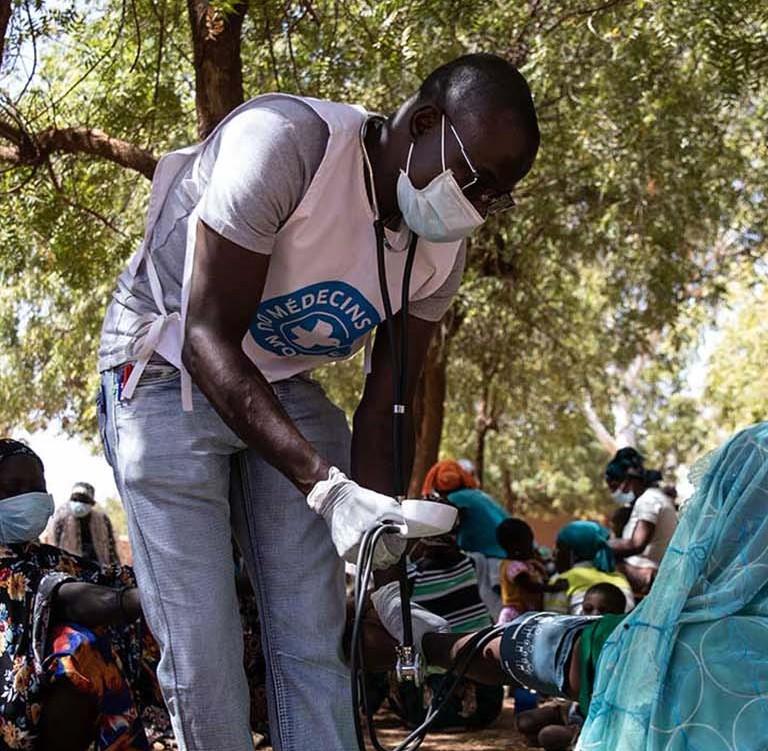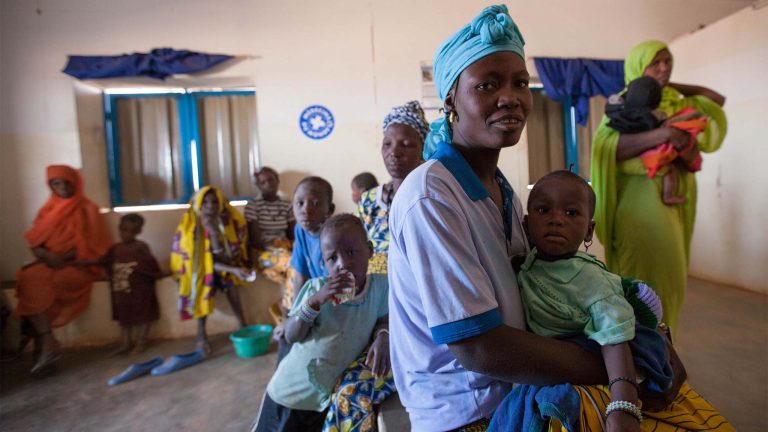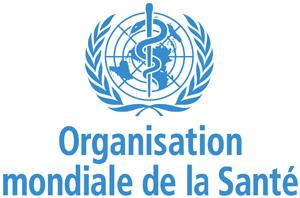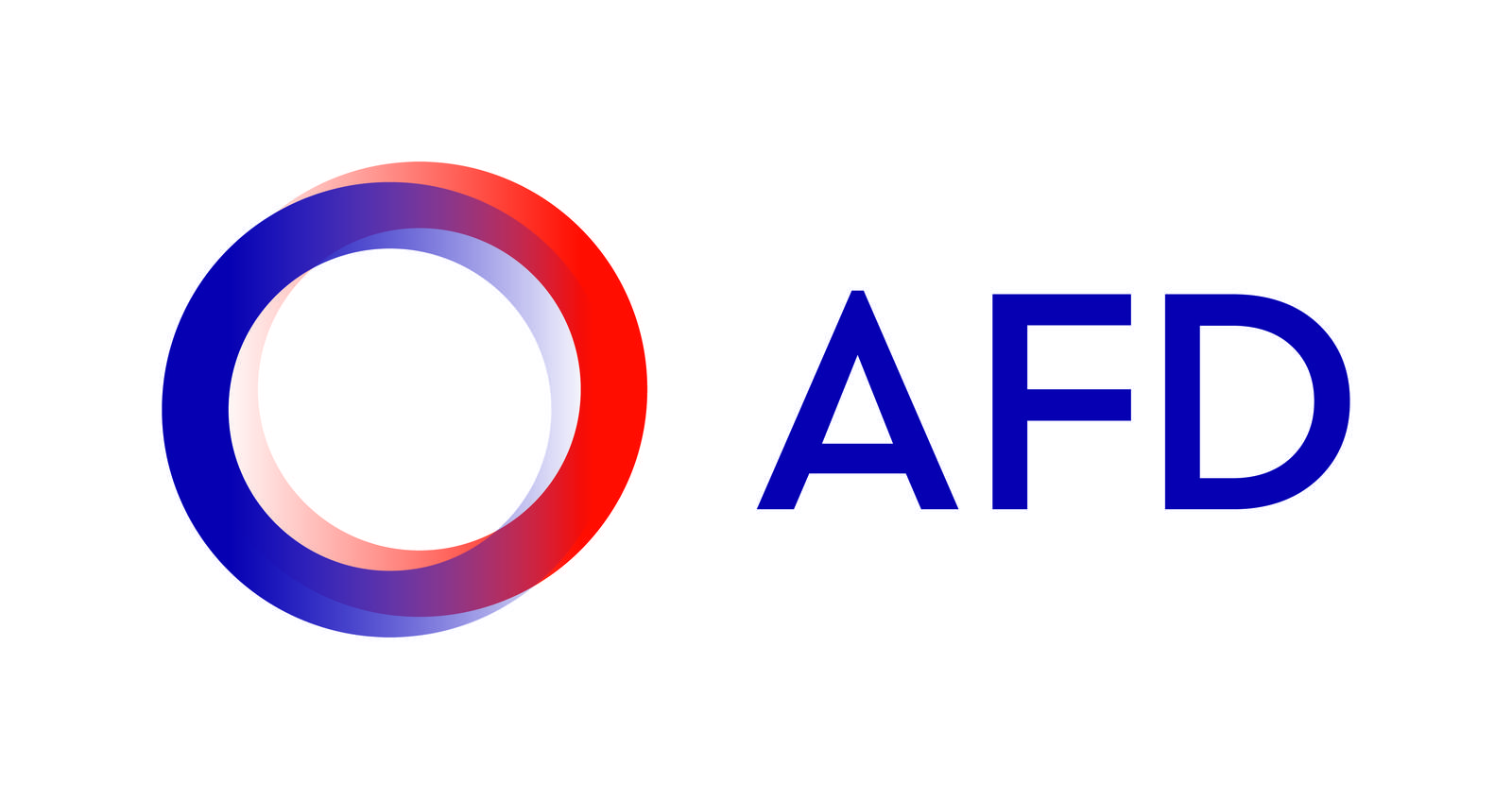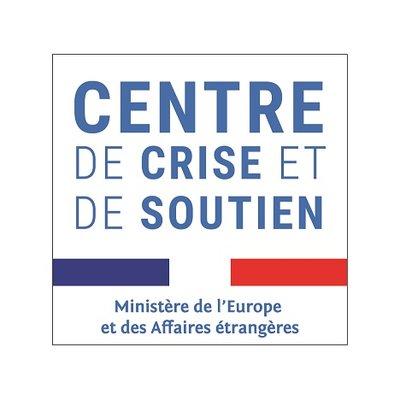In 2020, Médecins du Monde launched a humanitarian emergency programme in Kongoussi, in north central Burkina Faso, to address the needs of the local population where health services have broken down.
Since starting this work, our teams have:
– set up mobile clinics in areas with high concentrations of displaced people to provide free primary healthcare, including gender-based violence (GBV) prevention and response, mental healthcare and psychosocial support;
– strengthened the capacity of existing healthcare facilities, especially in relation to emergency healthcare, GBV and psychological conditions, as well as providing capacity-building for emergency responses (such as in the event of population displacements or epidemics);
– strengthened individual and community empowerment regarding access to health rights.











